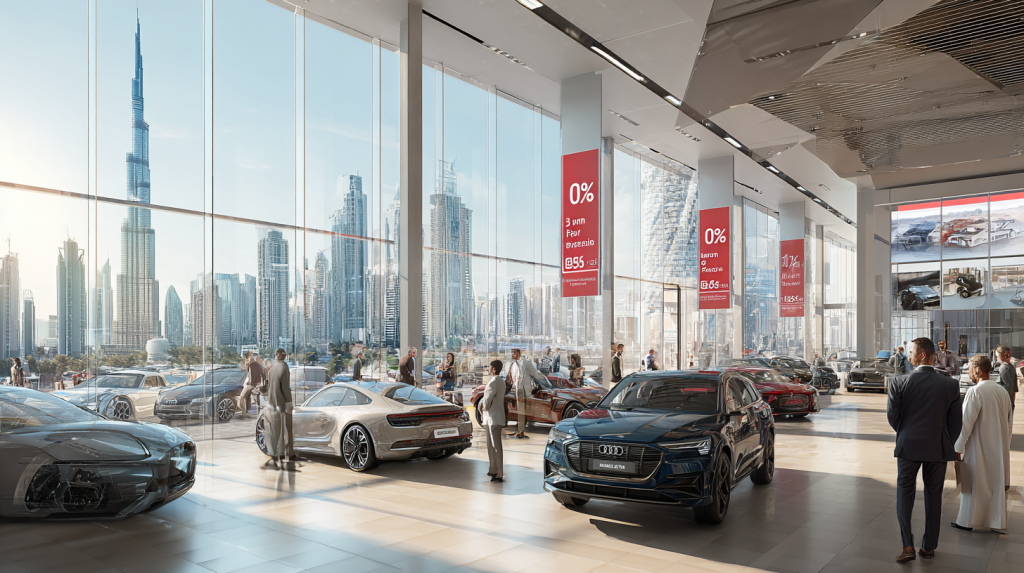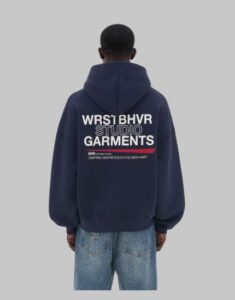
Dubai is one of the world’s leading hubs for luxury and exotic cars, attracting buyers, sellers, and collectors from across the globe. Whether it’s a Ferrari, Lamborghini, Bentley, or Rolls-Royce, the city’s automotive market thrives on international demand, imports, and the desire for exclusivity. However, exotic car prices in Dubai don’t exist in isolation. They are heavily influenced by exchange rates and the global economy, factors that buyers often overlook when searching for a Dubai luxury car for sale.
Understanding these dynamics can help investors, collectors, and enthusiasts make better purchasing and selling decisions.
1. Exchange Rates and Their Direct Impact
Since many exotic cars are imported into the UAE, currency fluctuations directly impact car pricing. For example:
-
If the euro strengthens against the UAE dirham, importing European-made cars such as Ferrari, Porsche, or Lamborghini becomes more expensive.
-
Conversely, if the British pound weakens, buyers in Dubai may find better deals on limited-edition Bentleys or Aston Martins sourced from the UK.
Because the UAE dirham is pegged to the US dollar, cars priced in USD remain more stable compared to those tied to other currencies. This peg protects buyers somewhat but also means any volatility in currencies outside the dollar zone can affect the final cost of a dubai luxury car for sale.
2. Global Economic Growth and Buyer Demand
The demand for exotic cars in Dubai often mirrors the health of the global economy. When international markets are booming, high-net-worth individuals feel more confident investing in collectible or rare cars. This increases demand, pushing prices higher.
For example, during years of global economic expansion, car auctions worldwide see record-breaking sales, which directly influence valuations in Dubai. On the other hand, during recessions or market slowdowns, demand softens, forcing sellers to reduce prices to attract buyers.
In short, global economic cycles shape how much buyers are willing to pay for a dubai luxury car for sale.
3. Oil Prices and Regional Wealth
Dubai and the UAE are part of a region historically tied to oil revenues. While Dubai has diversified its economy, oil price fluctuations still influence liquidity and consumer confidence across the Gulf Cooperation Council (GCC).
When oil prices are strong, regional buyers are more active in acquiring exotic vehicles. This increased purchasing power pushes local car prices higher. Conversely, when oil prices dip, fewer local buyers are active, creating opportunities for international buyers to negotiate better deals on supercars.
4. Inflation and Cost of Ownership
Another economic factor that impacts exotic car pricing is inflation. High inflation rates globally increase the costs of raw materials, car production, shipping, and insurance. Manufacturers like Ferrari, Rolls-Royce, and Lamborghini adjust their pricing accordingly, which trickles down to Dubai’s dealerships.
Inflation also affects ownership costs, including servicing, spare parts, and insurance. While this doesn’t always reduce the upfront sale price, it impacts resale value since potential buyers factor in long-term affordability.
5. Impact of Global Car Auctions
Dubai’s luxury car market doesn’t operate in isolation—it is closely connected to international auctions like RM Sotheby’s and Bonhams.
When a rare Ferrari or McLaren sells for millions overseas, it sets a new benchmark. Sellers in Dubai often adjust their pricing to reflect this trend. Similarly, if auction sales decline due to weak global demand, Dubai sellers might be forced to lower their prices to stay competitive.
This creates an environment where the value of a dubai luxury car for sale can fluctuate in sync with global collector sentiment.
6. The Role of Import and Export Markets
Dubai is both a buyer’s and seller’s market for exotic cars. Many international collectors buy cars in Dubai for export, while others import rare models unavailable locally.
Global economic conditions, shipping costs, and trade tariffs significantly influence these flows. For example, if shipping costs increase due to global supply chain disruptions, importers may raise their prices to recover expenses. This affects not only high-end dealerships but also resale prices in the pre-owned exotic car segment.
7. COVID-19 and Its Lessons
The COVID-19 pandemic is a recent example of how global economic disruptions affect Dubai’s car market. Travel restrictions initially slowed international sales, but local demand surged as wealthy residents sought luxury assets closer to home. At the same time, supply chain issues reduced the availability of new cars, which increased demand for pre-owned vehicles.
The result? Buyers searching for a dubai luxury car for sale during that period faced higher prices due to scarcity. This trend highlights how global shocks ripple through Dubai’s luxury car ecosystem.
8. Investment Perspective
For many buyers, exotic cars are not just luxury assets—they’re investment vehicles. Exchange rates and global economic shifts can either increase or decrease returns.
-
A weak currency in the seller’s country might allow UAE buyers to acquire cars at lower costs, leading to potential resale profits in Dubai.
-
On the other hand, global recessions might suppress collector demand, lowering resale values.
Savvy investors carefully monitor global trends before making purchases, ensuring they buy when conditions are favorable.
9. Strategies for Buyers in Dubai
For anyone exploring a dubai luxury car for sale, here are some strategies to navigate economic and currency influences:
-
Monitor exchange rates – If buying from Europe or the UK, track fluctuations and purchase when the dirham is strong.
-
Leverage local dealers – Many Dubai showrooms absorb minor currency swings, providing more stability than international private sellers.
-
Time the market – Buy during global slowdowns when demand is weaker, as sellers may be more open to negotiation.
-
Check auction trends – Use international results to gauge the current fair market value.
-
Consider total cost of ownership – Factor in inflation, insurance, and servicing costs alongside the purchase price.
Conclusion
Dubai’s exotic car market remains one of the most dynamic in the world, attracting attention from buyers and collectors across continents. However, prices are never set in isolation. Exchange rates, global economic cycles, inflation, and international auction results all shape the cost of a dubai luxury car for sale.
For collectors and enthusiasts, understanding these external influences is as important as choosing the right brand or model. By timing purchases wisely and keeping an eye on global financial trends, buyers can not only secure their dream cars but also maximize long-term value in one of the world’s most competitive luxury markets.

